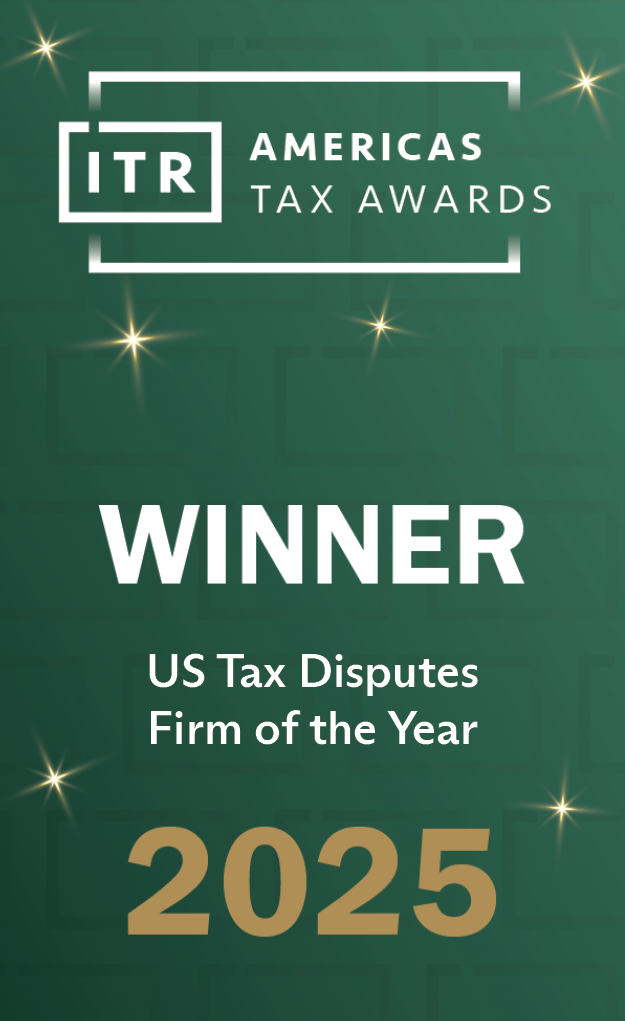Presented below is our summary of significant Internal Revenue Service (IRS) guidance and relevant tax matters for the week of July 18, 2022 – July 22, 2022. Additionally, for continuing updates on the tax impact of COVID-19, please visit our resource page here.
July 18, 2022: The IRS issued Tax Tip 2022-108, reminding people that they can get the latest IRS news through the agency’s verified social media accounts and by subscribing to e-news services.
July 18, 2022: The Treasury Inspector General for Tax Administration (TIGTA) released its Fiscal Year 2022 IRS Federal Information Security Modernization Act Evaluation report. In the report, TIGTA determined that the Cybersecurity Program was not effective in 17 out of 20 metrics. (TIGTA does not make recommendations as part of its evaluation.)
July 19, 2022: The IRS announced that the Security Summit partners are encouraging tax professionals to inform clients about the IRS Identity Protection PIN Opt-In Program to help protect people against tax-related identity theft. This announcement came during the first of the five-part summer series to highlight the critical steps tax professionals can take to protect client data and their businesses.
July 19, 2022: The IRS reminded 2021 tax extension filers not to wait until October to file their returns. (The IRS estimated that 19 million taxpayers requested an extension to file their 2021 tax return.) The announcement urges taxpayers to file their returns as soon as they have all the necessary information and to avoid the October 17 deadline and last-minute rush.
July 19, 2022: The IRS issued Tax Tip 2022-110, which contains information on reporting independent contractor compensation of $600 or more. This is completed using Form 1099-NEC, Nonemployee Compensation.
July 20, 2022: The IRS announced a new five-year strategic plan that outlines its goals to improve taxpayer service and tax administration. The IRS Strategic Plan FY 2022-2026 will serve as a roadmap to help guide the agency’s programs and operations and to meet the changing needs of taxpayers and members of the tax community. The plan also focuses on four goals to improve customer service: (1) Service; (2) Enforcement; (3) People and (4) Transformation. We will be posting more information about the plan on the blog in the coming days.
July 20, 2022: The IRS issued Tax Tip 2022-110, reminding taxpayers of the Taxpayer Advocate Service (TAS), an independent organization within the IRS that helps to protect taxpayer rights. The tax tip also includes information on the Taxpayer Bill of Rights (TBOR). We previously wrote an article explaining what TAS does and how it can be utilized by all types of taxpayers, as well as a post about how taxpayers can utilize the TBOR.
July 20, 2022: The IRS issued a notice and request for comments for [...]
Continue Reading
read more


 Subscribe
Subscribe




